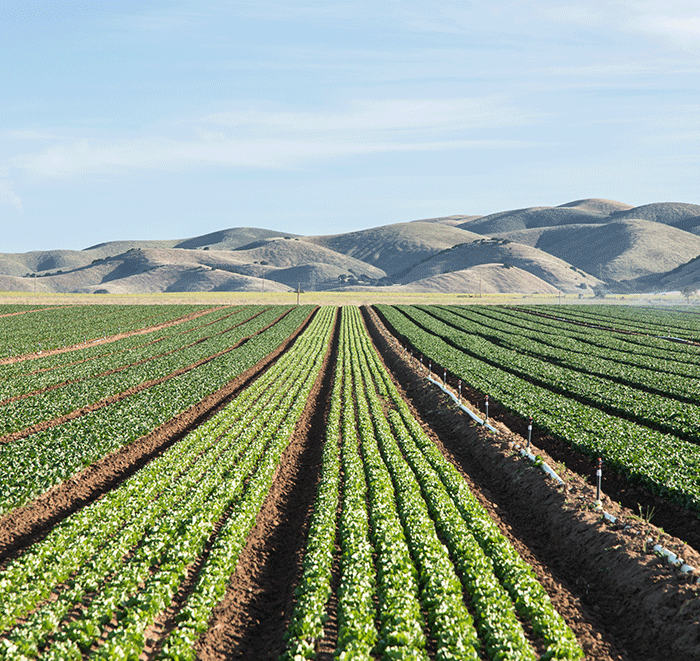Can PURIC® Humic Acid Increase Water Holding Capacity of Soils?
Much of the west is facing water shortages and many growers will not receive full allotments of water to grow their crops. The literature is ripe with citations of humic substances and organic matter increasing soil water holding capacity, but can applications of a...Monitoring Soil Temperatures in the Spring
Before we jump into the debate between dry vs. liquid sources of potassium, let us first cover some basic agronomy as it pertains to potassium nutrition in almonds. Potassium plays various essential roles in all plant species.
Bacterial Blast and Canker
A point of interest in Northern California is the increased visibility of Bacterial Blast and Canker in young almond orchards.
A True Problem: Stink Bug & Leaf Footed Plant Bug
Two true bugs that are a problem in almond orchards in the San Joaquin Valley are the Green Stink Bug and the Leaf Footed Plant Bug. Both insects can cause damage to the crop that can result in economical loss to the grower.
Irrigation Strategy When Water Supply is Limited
California’s agricultural waterscape is looking relatively grim for the 2022 irrigation season. Many growers will be making irrigation decisions with a limited water supply weighing heavily on their minds.
